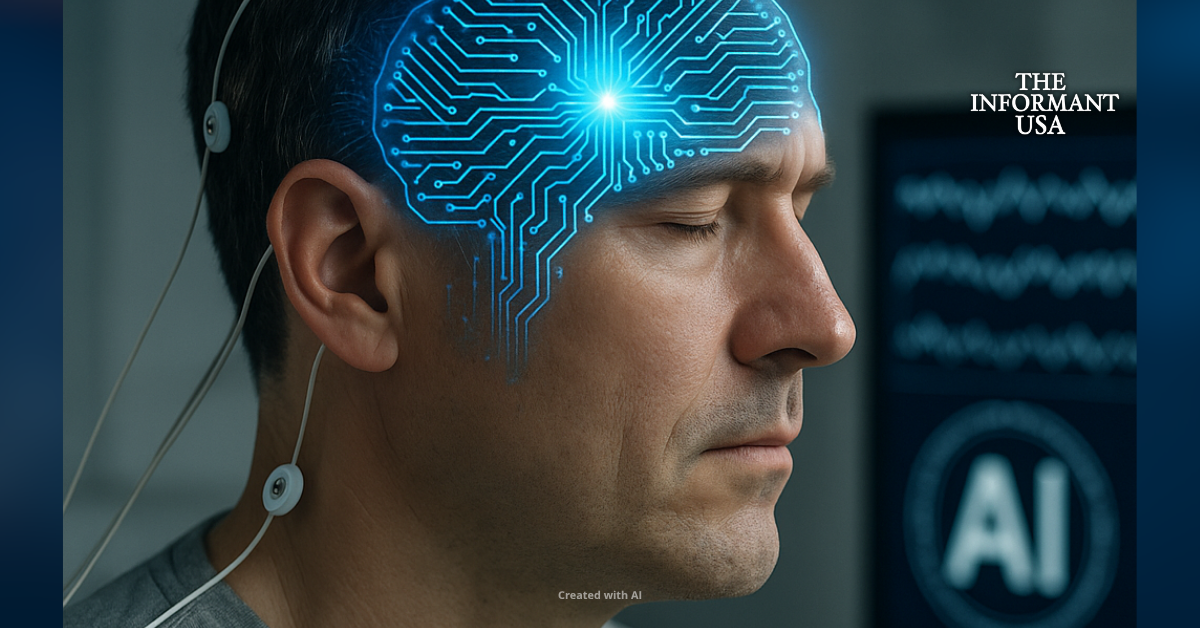As artificial intelligence tools like ChatGPT become fixtures in classrooms, offices, and homes, scientists are investigating how this constant exposure may be altering our brains. A new wave of studies, including high-profile work from MIT, is probing the cognitive effects of frequent AI use — with some early findings raising concern.
The MIT Media Lab study that captured headlines this month found that participants using ChatGPT to write SAT-style essays showed lower levels of brain activity compared to peers using Google or writing unaided. EEG data suggested diminished engagement and reduced creativity. Teachers described the AI-assisted essays as “soulless” and lacking personal voice.

Other research adds complexity to the picture. A University of Pennsylvania study found that students using AI tutors performed better at math, though their performance dropped when the tool was removed. A separate U.K. survey of over 600 users identified a negative link between frequent AI use and critical thinking, especially among younger participants who leaned on it for routine tasks.
Despite growing interest, experts warn that these studies are preliminary. Skeptics caution that EEG data doesn’t necessarily equate to cognitive decline and note that many experiments involved low-stakes tasks. Still, as AI use becomes more habitual, scientists say it’s critical to examine how — and whether — it may be shaping our neural pathways.











